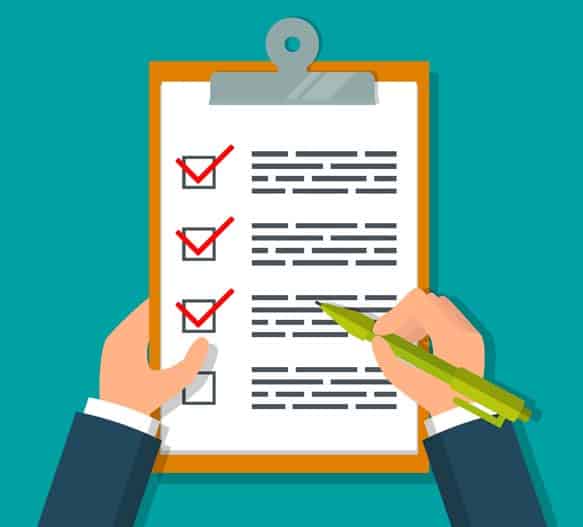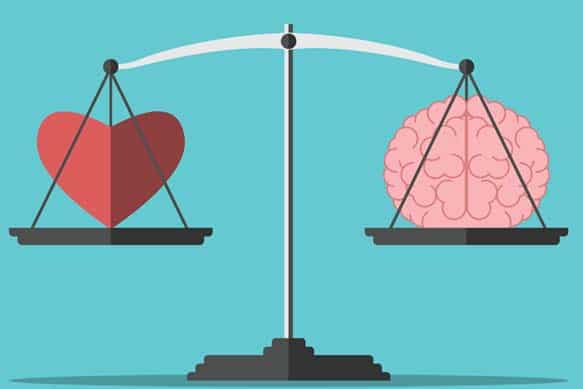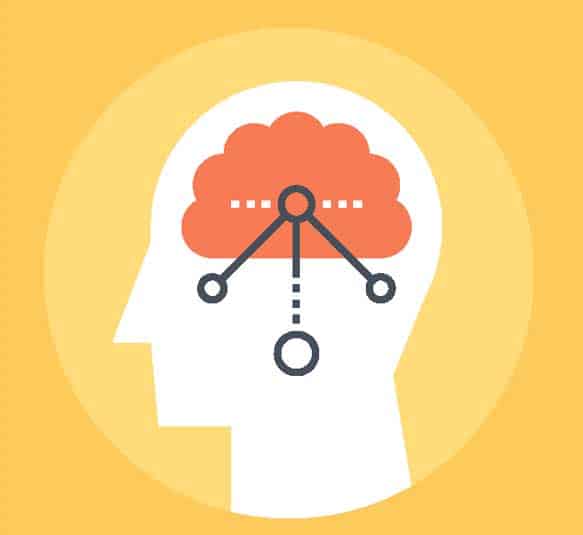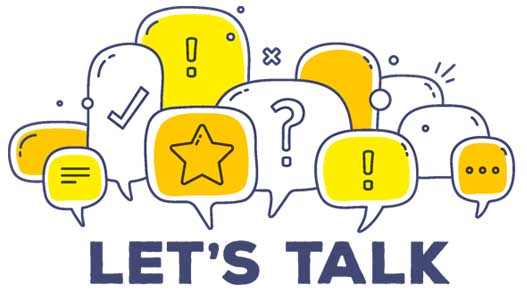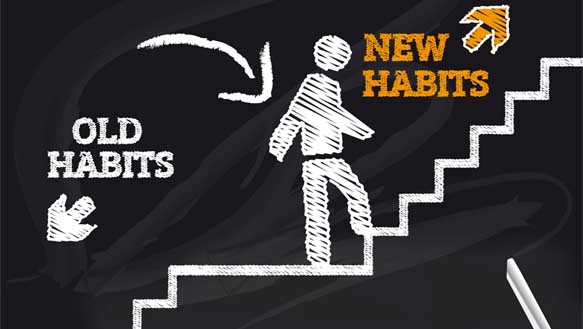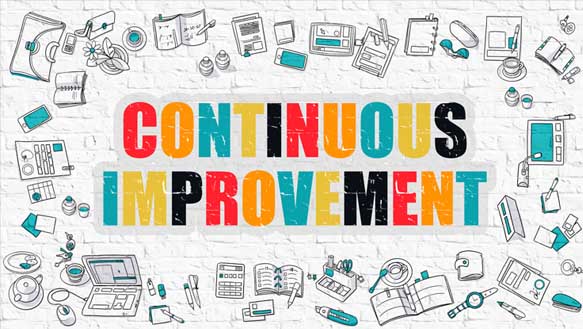Millions of people struggle with the ups and downs of the diet/riot roller coaster. I spent decades on it myself, and am honored to share the tools that helped me finally step off. If you are tired of fad diets and painful overeating episodes, you have come to the right place!
Here are some tips for you:
Contents
- 1. Compassion and Curiosity
- 2. Ditch Dieting
- 3. Aim for Comfortable Satisfaction
- 4. Hunger and Satisfaction Scale
- 5. Check-in Checklist
- 6. Flash Forward
- 7. Heal What You Feel
- 7. Finding Sweetness, Comfort and Fulfillment
- 9. Upgrading Your Unkind Mind
- 10. Speaking vs. Stuffing Your Truth
- 11. Creating New Habits
- 12. An Improvement on Movement
- 13. Letting Go of the Clock and the Flock
1. Compassion and Curiosity
Most people who struggle with their eating tend to be very hard on themselves. So, as you go through this process, see if you can foster an attitude of compassion and curiosity. It’s not your fault that you developed these painful patterns with your eating. Your struggles are a result of the things you’ve been taught, and the things that have happened to you. See if you can become curious about why you turn to food when you’re not hungry. See if you can wonder with compassion about why you might be eating more than your body needs.
See if you can notice with curiosity, how you might continue to think that diets are the answer to your eating and weight problems, despite countless evidence to the contrary. Criticism and shame are often part of what gets people started on the diet/riot roller coaster, they will certainly not be what helps them step off of it. Kindness, compassion and curiosity will be your guides for this ride! Practice speaking to yourself the way a loving parent would speak to a hurt child and see what happens.
2. Ditch Dieting
Dieting and restricting set us up for rebellion. It’s human nature. We want what we are told we can’t have. Granted, there are more people than ever before, speaking up about the ineffectiveness of diets, however, there still continues to be countless messages about “good” and “bad” foods and the latest fad diets. Even excessive focus on “healthy” or “clean” eating can set us up for rebellion. Instead of restricting (be it in reality or mentality), consider making your food choices from a place of self-love and self-care. Rather than asking yourself if a food is low-carb or low-calorie, try asking yourself the following three questions when you are preparing to make a food choice and see if you can begin listening to your internal wisdom.
- What does the dieter in me think I SHOULD eat?
- What does the overeater in me WANT to eat?
- What does my “healthy voice” or my “body wisdom” say?
3. Aim for Comfortable Satisfaction
It is certainly not easy to stop eating when you are comfortably satisfied, rather than stuffed. If it were easy, most people would not overeat. It takes courage, desire and lots of willingness to eat moderately. Moderate eating means you will have to feel the feelings that you have been attempting to stuff down with extra food. Moderate eating means you will have to find other ways to fill your needs and your time. The good news is that when you learn how to eat what your body really wants when you are physically hungry, and eat till you are comfortably satisfied, you will have the opportunity to experience many physical, emotional, relational and spiritual benefits over time. You will also learn what needs you were attempting to meet with food and find healthier ways to get some of them met. (Stay tuned for more on that!)
4. Hunger and Satisfaction Scale
Most of us have not been taught how to tune into our internal body cues for signs of hunger and satisfaction. The following scale can help you learn how to tune into your physical hunger cues rather than excess food or diet rules. You can use it anytime to help you get better at knowing your body’s needs.
0……..1..………2............…3………...…4……….….5………6….….7….….8……..9……..10
Empty Ready eat Neutral Satisfied Stuffed
Try setting an intention to eat when you notice you are about a 3 on the scale. This is when you are beginning to feel signs of physical hunger. You are not yet starving but you are also not neutral. Then, you will have the opportunity to practice making your non-diet, loving, honest food choices. As you are eating, try keeping an inner eye on the above scale to notice when you reach about a 7. This is what I call “comfortably satisfied” or “politely full.”
If you have been cut off from your natural hunger and fullness for a while, it will take some practice to know when you are truly physically hungry and comfortably satisfied, but with practice, you will improve. In the meantime, you can try asking yourself how you would feed someone else who doesn’t diet or overeat.
I recommend reading the following pieces:
5. Check-in Checklist
The following checklist can further assist you as you tune-in to make your food choices. Instead of turning outward to cultural rules and eating “experts,” consider using this little checklist when you realize you are physically hungry and getting ready to eat.
___Nutritious
___Delicious
___Moderate
- Nutritious: Our bodies need different food groups for different reasons. And while we all crave and need various ratios of protein, carbohydrates and fats, we all need to make sure we include nutritious items in our daily food choices so that our bodies feel good and have good energy.
- Delicious: We need to eat foods we really like and love so our bodies will feel satisfied. If we eat something that is just nutritious, but not really delicious, it will not hit the spot. However, if we only eat things that are delicious to us but do not include nutritious foods, our bodies will not feel well and thrive.
- Moderate: The word moderate means reasonable, not extreme or excessive. Eating moderately means eating more than the internal restrictor thinks we should eat and less than the inner overeater wants to eat. It’s somewhere in that middle, reasonable, healthy range. Learning what a moderate amount is takes practice, especially if you’re used to thinking you should eat only small amounts of diet food and then overeating large amounts of junk food. But remember, we get better at what we practice!
6. Flash Forward
Most overeaters don’t tend to think about how they are going to feel after they overeat. They want the food and they want it as soon as possible. Flash Forward is when you pause, before you start overeating and you seriously contemplate how you are going to feel afterwards. One client of mine calls is “Contemplate your plate.”
You can still choose to eat after you Flash Forward, but taking a few moments to interrupt your habitual pattern can help you to really think it through and break the trance of denial that tells you, The food will taste good and who cares how I will feel later. Flashing Forward also helps to strengthen your capacity to tolerate difficult emotions, which is a well-needed skill on the path of non-diet, moderate eating.
Now don’t get me wrong, overeating can feel good while we are doing it. It’s just that afterwards, we usually feel terrible. When we Flash Forward and decide to hold off on overeating, we definitely have to face our feelings, but in the long-term, we end up feeling so much better. We also train our systems to experience that we do not have to succumb to every craving and that all cravings pass.
Try making a list of some non-harmful things you can do to ride out a craving to overeat. For example: Reaching out to someone you feel safe with, getting out in nature, creating art, working on a hobby you enjoy, reading or listening to something inspirational, or checking out Intuitive Eating websites. A wonderful free app called Insight Timer has thousands of guided mindfulness exercises for stress, anxiety and much more.
There are countless ways to fill the pause that’s created if you choose not to overeat. Once you decide to tolerate your emotions and you have some non-food items on the menu for support, it will get easier.
7. Heal What You Feel
Overeating is an honest attempt to distract from, or numb ourselves from painful emotions. So, if you find yourself craving more food than you know your body needs, you can begin to use that craving as a dashboard light telling you that are probably having strong emotions. (Or you might be truly hungry if you have been dieting and restricting which will get remedied as you practice the previous tips!)
As you go and grow through this process, know that it is never too late to inquire what you are feeling. Whether you are about to overeat, in the midst of overeating, or overstuffed with food, try asking yourself what emotions you might be wanting to avoid. You may have to take some guesses if you are used to numbing, distracting or denying your feelings, but honest inquiry will help you get clearer.
You can also get out some paper and pen and start writing whatever comes to mind. Be careful not to turn it into beating yourself up, though. Try to stick with the emotions you have about situations and people in your life.
Emotions are not right or wrong, good or bad, just human emotions that need to be tolerated, expressed and allowed. If you have someone you feel safe with, you can also talk to them about what you have been feeling. As you get better at coping with and accepting your painful feelings, not only will they pass sooner but you will have less need to overeat or distract with diets.
7. Finding Sweetness, Comfort and Fulfillment
In order to alleviate the need to overeat on sweets and comfort foods, it’s important to make sure that you are getting enough of those qualities in your life. How do you get sweetness and comfort, other than from food? What truly brings you fulfillment? Write down all the ways you might get more sweetness and comfort in your life and start integrating a few into your weekly routines.
It’s also important, as you recover from strict restricting, to make sure you are allowing yourself to have moderate portions of sweet and comforting foods. If you have been avoiding them or telling yourself you should be, this can set you up for deprivation and back on the diet/riot roller coaster you go.
Of course, it can be challenging to incorporate your “forbidden foods” if you are used to depriving yourself and then bingeing on them later. But one way to stop the vicious cycle is to experiment with moderation. There is a middle ground between restriction prison and diet riot. The first step is admitting that dieting is not the solution to your weight or overeating problem; it is part of the cause.
9. Upgrading Your Unkind Mind
People who ride the diet/riot roller coaster tend to live with a loud unkind mind. Take note of the ways you talk to yourself. What internal programs are you regularly running in your mind? Most people who battle with food speak to themselves in ways they would never speak to someone they care about. Many of my clients tell me they think they will like themselves if they change their bodies. But that time rarely ever comes.
This is because body changes that are a result of dieting are likely to be short-lived; and even if we do manage to change our bodies unnaturally, if we don’t upgrade our unkind mind, it will likely focus on another body part or aspect of ourselves it deems unacceptable. Sure, some people do need to make healthy and kind improvements toward the way they treat their bodies, but food and body image issues are largely thinking issues. It’s our thinking that needs to be examined, as well as our behaviors.
If you have been hating yourself or your body, self-love might be too big of a leap. Perhaps self-kindness can be something to aim for. What if you were to say to yourself: I will try to treat myself with kindness, and as result, see how my relationship with food changes. The good news is that not only does self-kindness feel better, it also leads to better self-care, less dieting and less overeating!
10. Speaking vs. Stuffing Your Truth
Not only is overeating often an attempt to stuff down our painful emotions, it can also be a way to try to stuff down our true thoughts, feelings and needs. We all have this choice: We can stuff down our truth or we can learn how to respectfully communicate what we are feeling and needing. It takes courage and practice to learn how to speak our truth respectfully and it also takes practice to learn how to receive feedback from others without crumbling or attacking.
Learning the language of healthy communication involves finding good teachers, along with lots of willingness and practice on our part. One great resource is called Non-Violent Communication (NVC). It’s also known as Compassionate Communication and can be learned through the NVC website, books, YouTube videos or teachers. Many communities also have local NVC chapters and therapists.
While it’s not easy learning how to speak and listen respectfully and non-defensively, it’s also not easy to overeat, undereat or live with unmet needs. Learning the language of healthy communication will be the most important language class you ever take!
11. Creating New Habits
It’s one thing to make a decision to let go of overeating and strict diets, but it’s another thing entirely to maintain that commitment. It’s so seductive in our diet-obsessed culture to slip back into restricting habits and thoughts. It’s so easy to turn to excess food in an attempt to soothe ourselves or take the edge off our day. Creating new habits means you will have to stay awake and aware of your behaviors. It takes a lot of effort at first, but eventually your behaviors will become more automatic.
Years ago, I worked with client who was a vegetarian. She told me she never forgot that commitment and accidentally ate meat, yet she often forgot that restricting led her to overeating and overeating led her to feel terrible about herself. Until she made a true commitment to healing and she no longer forgot.
Take note of how many daily, automatic healthy habits you have; things like setting your alarm clock, showering, or driving to work. See if you can begin to put non-diet, moderate eating in the same category as the daily routines you never forget to do.
12. An Improvement on Movement
In the same way that our culture has taught many people to cut themselves off from their natural hunger and fullness cues, the fitness industry teaches many of us to cut ourselves off from our innate relationship with movement and rest. It’s not natural to forcing yourself to “work out” or having no desire to move at all, or feel guilty for resting.
These are learned beliefs that get instilled from the diet and fitness industries. Learning to move your body in ways that feel good, and rest without guilt can be very challenging in a culture that has linked up exercise with value and the right to eat, but it is possible. You can learn to move your body in ways you enjoy, ways that are not fueled by self-hate or anxiety. So try asking your body how it would like to move and rest and see what ideas you begin to get.
13. Letting Go of the Clock and the Flock
Many people eat because the clock strikes a certain time and they think they are supposed to eat. Others don’t eat even though they are physically hungry, because the people they are with are not eating. Many people push themselves to eat the dessert being offered to them, even though they are comfortably satisfied from their meal. And many people deprive themselves from dessert because of their food rules. Of course, we don’t need to do all of this perfectly. Sometimes we choose to eat at a certain time because that makes the most sense in our schedule, or because we want to share a meal with others and perhaps we are not totally physically hungry every time.
For further reading:
Learning to tune-in and listen to your hunger and fullness cues is a skill that takes practice and willingness. And as you get better at it, your body will thank you. It will thank you for eating the sandwich you truly wanted instead of the salad you thought you should have. It will thank you for having a moderate amount of dessert when that felt right to you, instead of passing on it because you thought it as a “bad” food.
It will thank you for waiting till true signs of physical hunger and polite satisfaction revealed themselves. It will thank you for honoring its honest feelings and needs.
So, here’s to stepping off the diet/riot roller coaster, welcoming your emotions, upgrading your unkind mind and finding much sweetness and fulfillment in your life! If you have any comments post them down below.
Andrea Wachter is a Licensed Marriage and Family Therapist and co-author of Mirror, Mirror on the Wall: Breaking the “I Feel Fat” Spell as well as The Don’t Diet, Live-It Workbook. She is also author of Getting Over Overeating for Teens. For more information on her books, blogs and podcasts, please visit www.andreawachter.com
TheDiabetesCouncil Article | Reviewed by Dr. Sergii Vasyliuk MD on May 25, 2020






